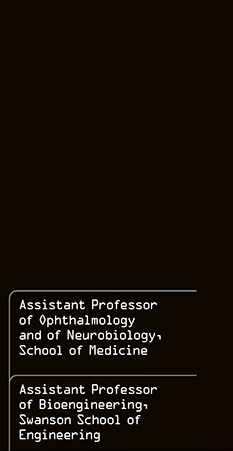Topic Overview:
Byrne Lab and colleagues develop gene therapies for retinal disease. Inherited retinal dystrophies include a diverse group of blinding disorders that have a profound effect on patients’ quality of life. Approximately 1 in 3000 people worldwide are affected by inherited retinal degenerations. This group of diseases involves mutations in more than 200 genes, with autosomal recessive, dominant, X-linked, and complex patterns of inheritance. There are currently no effective treatments for most forms of inherited retinal degeneration. However, gene therapy, in which a healthy copy of a mutated gene or a therapeutic protein is delivered to cells in the retina, is a highly promising approach to treating retinal disease. Before gene therapy strategies are effective, efficient, and applicable to most retinal diseases, there are significant obstacles that must be overcome. These include developing gene therapy approaches for diseases involving large genes, dominant mutations, and mutations in noncoding regions. Byrne and colleagues use high-throughput methods, guided by computational approaches, to engineer viral vectors with new abilities and improved capabilities to deliver therapeutic genes to the retina. Byrne and colleagues are developing new therapies that allow for increased precision of gene delivery and protein expression. They are also focusing on developing and implementing gene editing approaches using CRISPR/Cas9, a powerful and widely applicable molecular tool, which they are using to directly rewrite the genome.





























